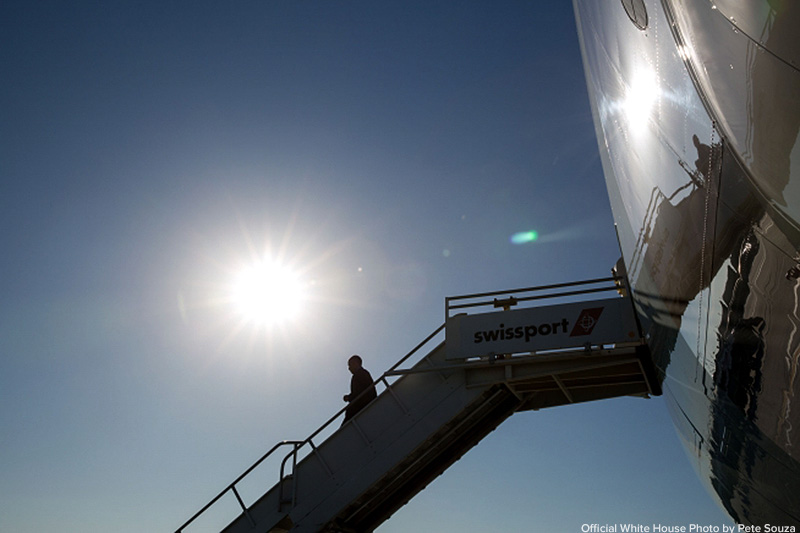
Obama Plans Trip to Cuba
At the end of 2014, btw brought you news of President Obama’s announcement of a foreign policy shift regarding Cuba. Next month, he will make a trip there to meet with President Raul Castro to continue talks. This is significant because Obama will be the first U.S. president to visit Cuba in 88 years. (Last year’s meeting took place in Panama.) It is considered a controversial move because the Cuban government has not yet taken steps toward respecting human rights, implementing democratic elections or making changes to the way its economy is managed.

Critics accuse the president of risking national security and sending a bad message that oppressors can do whatever they want without consequences. In addition, Obama has faced continued opposition from Congress in his proposal to lift the 50-year-old embargo. Some feel that this trip is too soon, that Cuba should prove itself worthy of continued talks. Others believe that the early timing is because Obama would like to have more time for progress before the end of his term. This meeting will come on the heels of a pact signed between American and Cuban officials that will allow for commercial flights to travel between the countries.
Related Information
The president also announced this week that he was working to close the U.S. military prison at Guantanimo Bay. You can learn more about it by watching this video.
Dig Deeper Some commentators call Obama’s trip to Cuba a strategy an “aggressive engagement rather than harsh isolation” tactic in changing an adversary. List at least two pros and two cons of this strategy.
Social Media Impacts on Job Search
The world is becoming an increasingly transparent place. This means that businesses as well as people are operating with more authenticity (or their efforts at deceit takes a lot more effort.) Like every new innovation, there are pros and cons. The good news for job seekers is that potential employers can find out a lot more about you—your accomplishments as well as your overall personality. It also happens to be the bad news as well.
According to the Society for Human Resource Management, 84 percent of the organizations they surveyed now use social media as part of its recruiting strategy (up from 56 percent in 2011). A recent article in The New York Times addresses the ethical and legal issues posed by an employer’s hiring practices as it relates to social media. On one hand, job seekers are frequently advised to remove questionable photos and posts from sites like Facebook or Instagram. On the other, it is against the law for companies to discriminate against candidates according to certain factors (age, sexual orientation and whether someone has or is expecting children, for example). Employers are becoming more and more cautious over the conclusions it draws about a potential employee.
What Do You Think? How much information do you believe employers have the right to know about you? What are the limits? What measures can you/would you take to find that balance between personal promotion and privacy?
Donald Trump vs. the Pope?
This election season, as is typical with those in the recent past, has been filled with verbal jabs and ongoing public feuds. Lately, the antagonist of most of them has been Republican candidate, Donald Trump. His latest “rival” however, is one of the most unlikely for a politician running for office—the Pope. It began when Pope Francis called out the billionaire in front of a crowd of nearly 300,000 people during a recent trip to Mexico. Pope Francis said that a person who wants to build walls (as Trump has vowed to do along the U.S./Mexican border if he is elected president) is not Christian.
Infuriated, Trump responded to a crowd in South Carolina (before that state’s primary) that no religious leader should have the right to question another man’s faith. He went on to accuse the Mexican government of using the pope as a pawn against him. Trump’s rivals have accused him of being insincere while courting the vote of evangelical Christians. Others say the position is purely political, that he refuses to let criticism of him pass by without an answer or counter-attack.
